Tale Wildlife Sanctuary, Ziro, Arunachal Pradesh, 23 Oct 2020:
Wildlife Trust of India’s Rapid Action Project grant to wildlife conservationists helped in propagating host plants of key butterfly species in Tale Wildlife Sanctuary, Ziro.
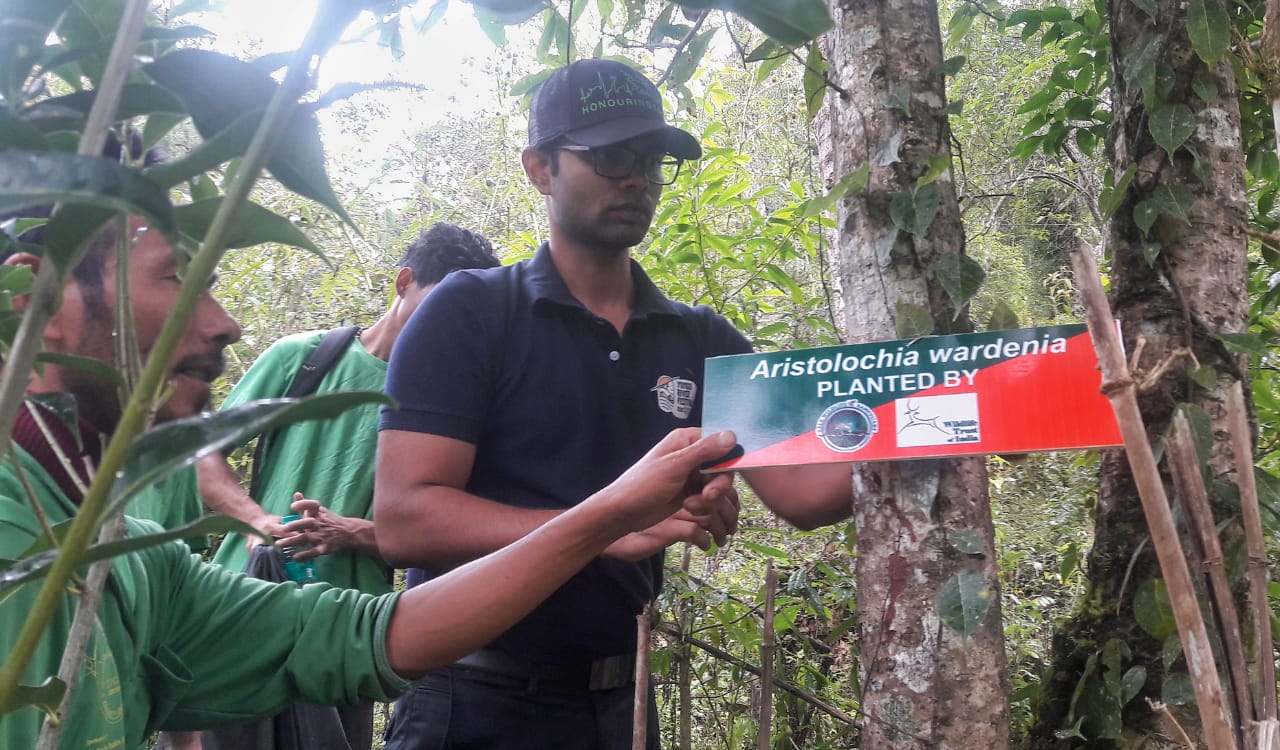
DFO Abhinav Kumar Tagging the plants – pic credit @ Koj Mama
Tale Wildlife Sanctuary hosts a number of butterfly species of interest to Lepidopterists and photographers, situated in the lower Subansiri District of Arunachal Pradesh this sanctuary was notified in 1995 with an area of 337 sq km. With an elevation ranging from 1200 to 3000 m, this sanctuary is a prime habitat for high altitude orchids, numerous rhododendron species apart from enigmatic mammals like the clouded leopard.
However, what draws visitors to this sanctuary are the butterfly species it hosts, species like the Kaiser-e-hind, Bhutan glory, Brown gorgon, Tytler’s tree brown, Scarce evening brown, Krishna peacock among others. Tale Sanctuary finds favour among local nature enthusiasts and academicians who visit to study the reptiles, orchids, plant and aquatic fauna apart from the lepidopterists.
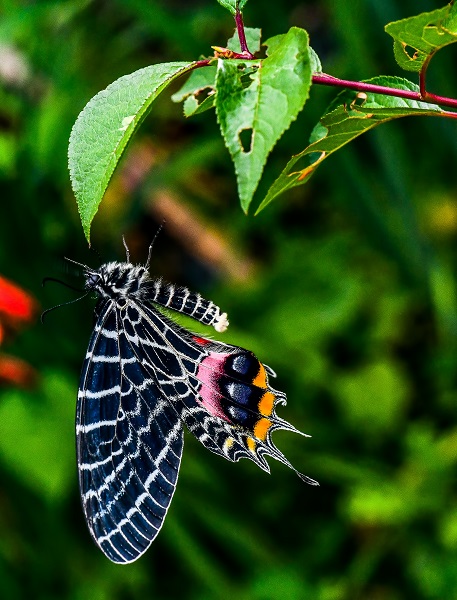
pic credit @Dr. Joram Khopey
Since 2014, Ziro Butterfly Meets (ZBM) are also being organized in the month of September each year. Butterfly lovers and lepidopterists from across the country take part in this meet. Participants get to take part in lectures and talks by visiting experts and over the years ZBM has become extremely popular.
It was during the 2018 ZBM that the host plant of Bhutan glory was identified with the help of visiting participants of ZBM.






pic credit @ Koj Mama
This spurred Dr. Joram Khopey and Shri Koj Mama to get together to try and get this plant identified while also studying the life cycle of the Bhutan glory. Once the host plant was identified as Aristolochia wardiana with the help Dominik Frank (a visitor from Germany), efforts on increasing its population inside Tale Sanctuary gained movement and a RAP grant was sought from WTI for propagating this species of creeper plant.
The life cycle study had shown that A. wardiana is not so abundantly found as it’s habitat is limited to an altitudinal range and also since it bears lesser leaves the Bhutan glory larva abundance and subsequent morphing to a butterfly was linked and limited to the abundance of A. wardiana.
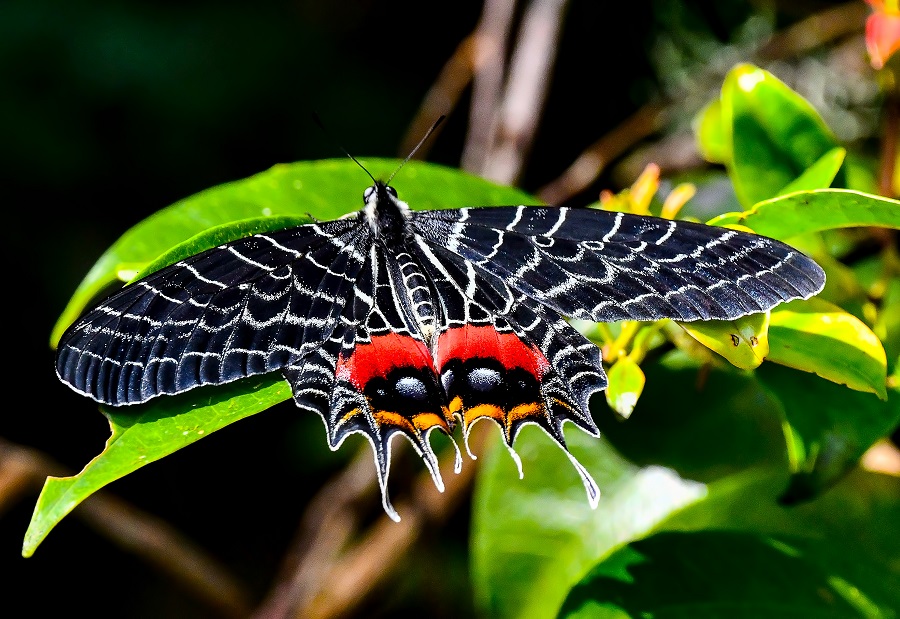
pic credit @ Dr. Joram Khopey
Dr. Khopey and Koj Mama had also deduced that vegetative propagation from the root nodules of this creeper species was possible. Wildlife Trust of India’s grant helped them to translocate and propagate more than 70 of these creepers.
“In the next three – four years, we plan to grow more of the host plant of this wonderful butterfly, it will then become much easier to sight for the visitors to Tale” added Dr. Khopey
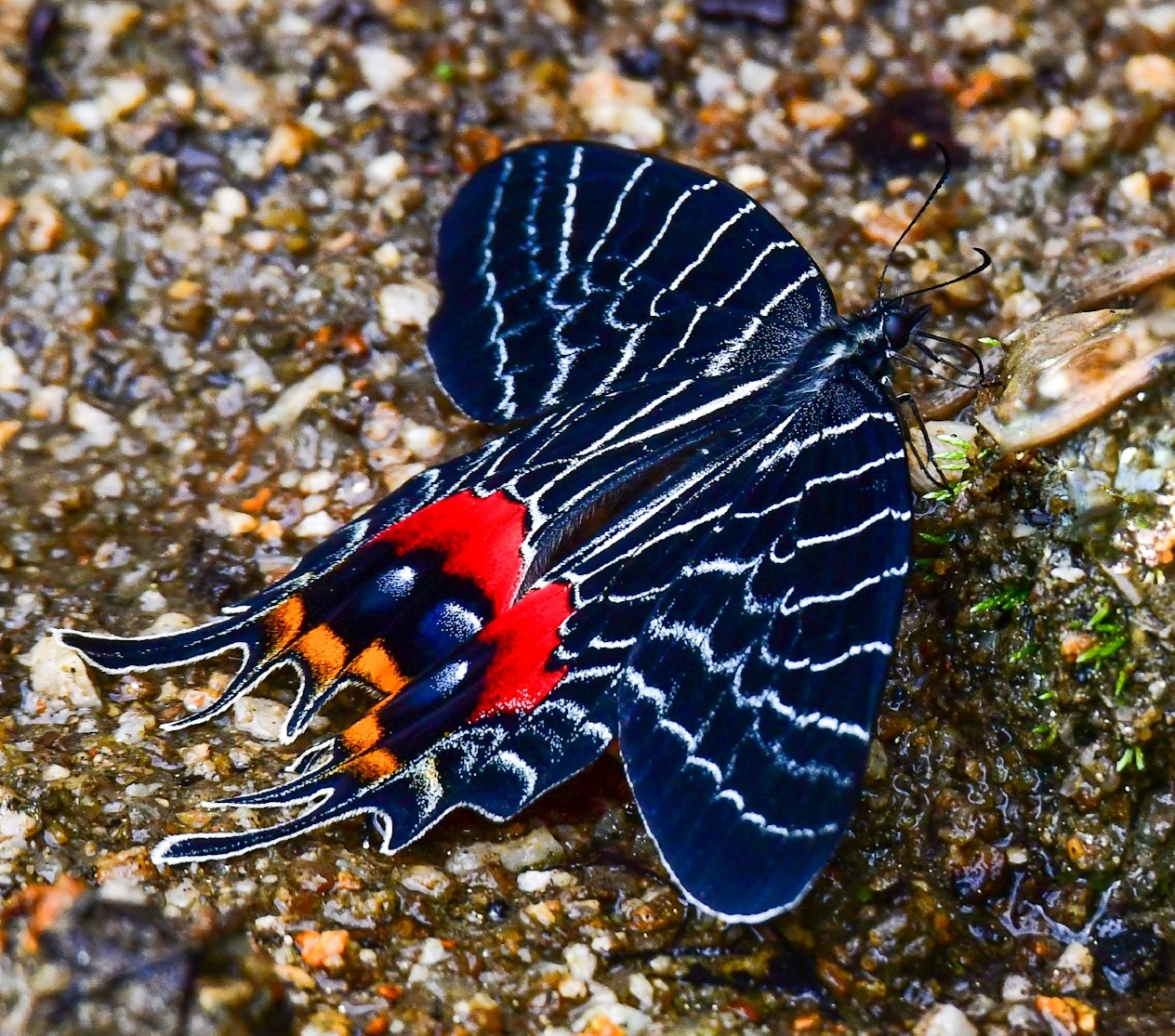
pic credit @ Dr. Joram Khopey
WTI Wild Aid Programme supports Rapid Action Project Grants which are focussed on short term, immediate interventions for conservation successes.
This grant was made possible with support from Ms. Anushka Singh, one of our kind benefactors.
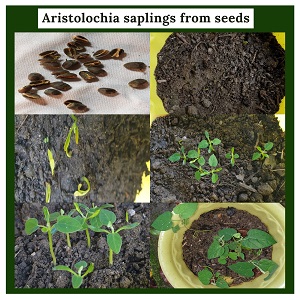
pic credit @ Dr. Joram Khopey
If you liked reading this story, and would want to be a part of such stories, kindly consider supporting us by contributing to our cause